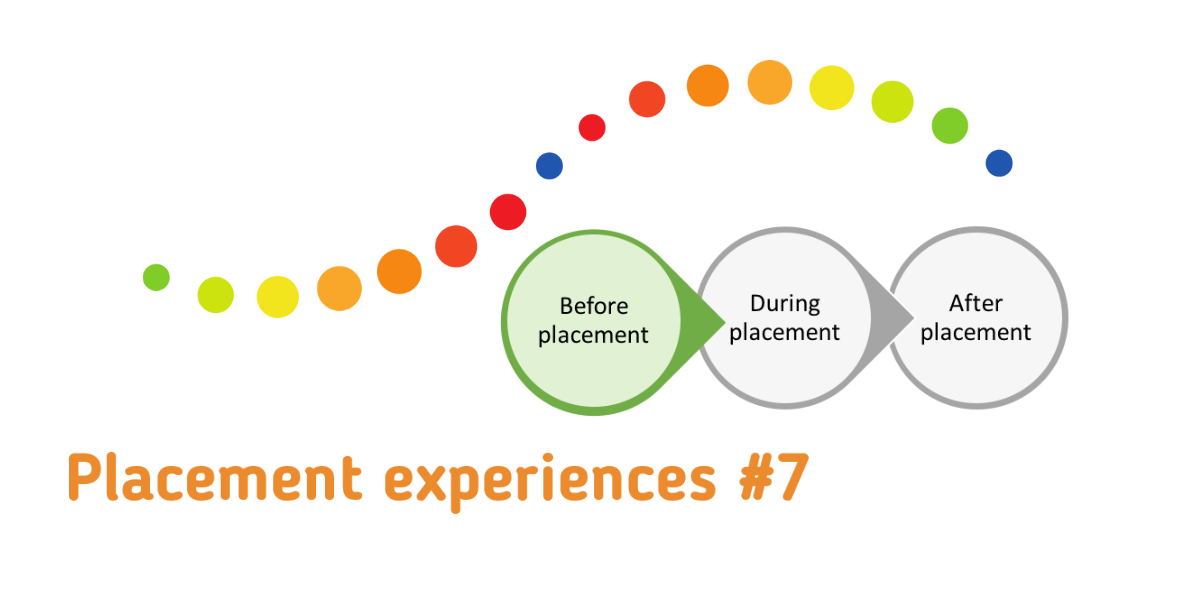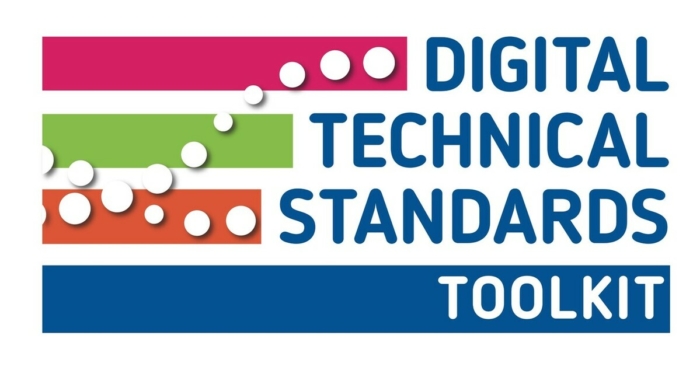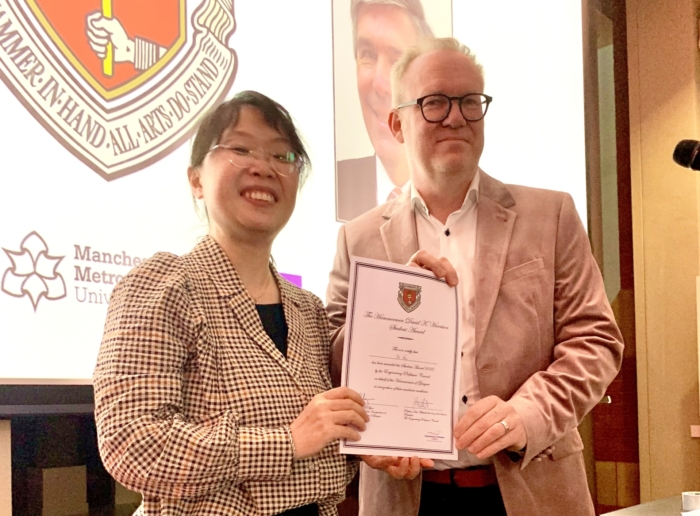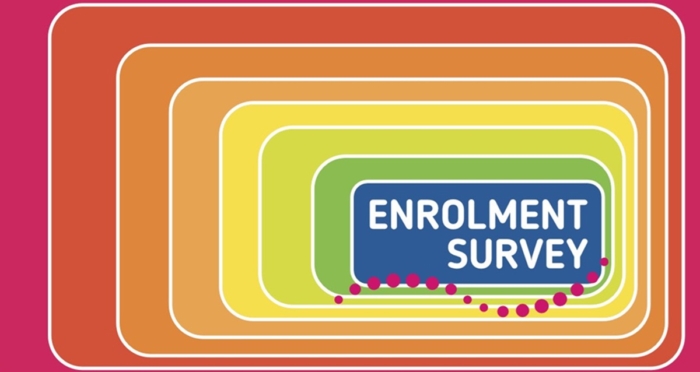![]()
Your Placement Journey Toolkit is designed to support you to get the best from your placement experience. It will help you to think about your placement, looking at your expectations, recognising your own responsibilities alongside those of your university and placement provider.
Aligned with the Engineering Placements Toolkit, designed for education institutions and employers, this toolkit aims to support your placement experience in three key stages: before, during and after placement.
Charlie Constable is a first year engineering undergraduate student at University of Cambridge. He took a gap year before coming to university, through the Engineering Development Trust ‘Year in Industry Scheme’, in order to try and feel how actually engineering works.
Tell us about why did you decide to take a gap year and how did you find it
I did it through the Engineering Development Trust ‘Year in Industry Scheme’. I was intending to take a year, anyway, after the university, so why not just take it before? So I took my year and went to find a job on something which I found really interesting and very helpful. And I thought it would help me getting in to the university, and being more engaged in engineering that way. I thought it would be useful to try and feel how actually engineering works, and if it was the thing I wanted to get in to. And I think it’s important to get some stuff in and not just do academics forever. In the future, when applying for jobs, I do have my feet grounded in the world of industry.
But it was quite difficult, to be honest, because it was the first time I had to live away from home. It was difficult sort of readjusting to work environment as opposed to school and university. These things are quite different. At the time I really felt it was really worth doing it, especially in that project, because things were not going brilliantly at that time for the company. It was kind of all hands on deck and they gave me a huge amount of responsibility. It gave me the chance to do a lot of things that otherwise I wouldn’t have been able to do if I were in a big company.
I worked for a year for a company called “Turner & Townsend” in Birmingham, and I was working through them for a company which is a conglomerate sort of company between Three mobile and EE. I was building health and safety software for them. It was a general engineering job, so I wasn’t doing anything specifically in the field.
What did you enjoy the most and the least in your gap year?
What I enjoyed the least was… because it was a year and I suddenly gone there from being in school where you have a break every 6 or 8 weeks and have the chance to recharge your batteries. It was really difficult not having that time-off, and being away from home. That was the worst thing. And also, because I was working in consultancy, I had much more mature fellow workers, and it made quite difficult for me to feel that I had other stuff to do there other than work. So that was tough!
However, I think it was definitely well worth doing it. I really enjoyed the people in a lot of ways. I really enjoyed just going to an office, and everyone has a lot of things to do, but there is a chance to talk about things, discuss about our ideas in a way that is a lot less competitive than at school or university. The work environment is much more integrated, a lot more like you are a team all together, and it was a really valuable experience to gain before going for a proper career or a job, because you know that beforehand.
What do you consider to be the 3 most important features of a quality placement?
I think it has to be some kind of mix in the work you are actually doing. I was very lucky because I was given a great long-term project to develop software, which meant I had a lot to do.
I think it’s important to get on with your team as well. I think it would have been very difficult doing that sort of thing if I hadn’t really been friendly with all the people I was working with and with my boss. It would have been a lot harder. If you don’t go along with your boss you start to struggle, you don’t work efficiently, you struggle to get good chances to work because you feel they don’t trust you that much.
And I think it’s important to be interested in the field of what you are doing. Because you start to feel it as more important to yourself, and more interested in the work you are doing.
Has this experience benefited your professional and educational life?
Yes, definitely. The team work aspect was great. When I went to work I was very much a lone wolf sort of thing. At school I always worked for myself, done everything myself, relied upon myself. And I think the biggest lesson I learnt is that you can’t do that, specially somewhere like a place of work, or when you are in your internship, because you are surrounded by people who are experts in their field. You got to learn the lesson to rely on other people and look for help when you need it. I think it helped me to come to university because if I hadn’t done it, I would be struggling with problems and trying to solve things on my own, when there are better options out there, such as going to look for help and working together in group. I think that is, at the moment, perhaps the best thing I have learnt.
Personally there are a lot of other benefits, because I worked in software and I have never really done anything else that was software orientated so… I think it’s useful, specially before university, trying things that you know you are going to come against, but that aren’t quite on your comfort zone. And so software has completely new to me, I went there completely blind. But actually now, having done that and coming to university, and having to code every week, etc., etc., is a lot simpler and a lot less daunting than it would be if I just came here directly without this experience.
What 3 key pieces of advice would you like to share with fellow students?
Apply early. I think it’s probably one of the most obvious. That makes life a lot easier, because a lot of things are offered earlier in the year. So the early you apply, the better your chances are and better options are available.
I think it’s also important to know where you are living. I’ve applied for jobs in Aberdeen, and I am from London. So… I think if I had gone to some of those it would have been a real struggle, because it would have been much a more cut-off and much more difficult. Location is definitely an important thing to take into account.
And finally, it’s important not to be disheartened by failure. Lots of people who come through schools, through university, think that they can succeed in everything, ‘everything you put in your mind you can do’. And once you get into the world of work that´s not quite so true, and there aren’t so many jobs available. And if five people apply to the same job as you, and who are better than you are, well… that chance is gone. It doesn’t means you are not good; it just means that someone is better. I think it´s important to be told that everyone has this. So, just keep going and stuff will come.
Any views, thoughts, and opinions expressed herein are solely that of the author(s) and do not necessarily reflect the views, opinions, policies, or position of the Engineering Professors’ Council or the Toolkit sponsors and supporters.




